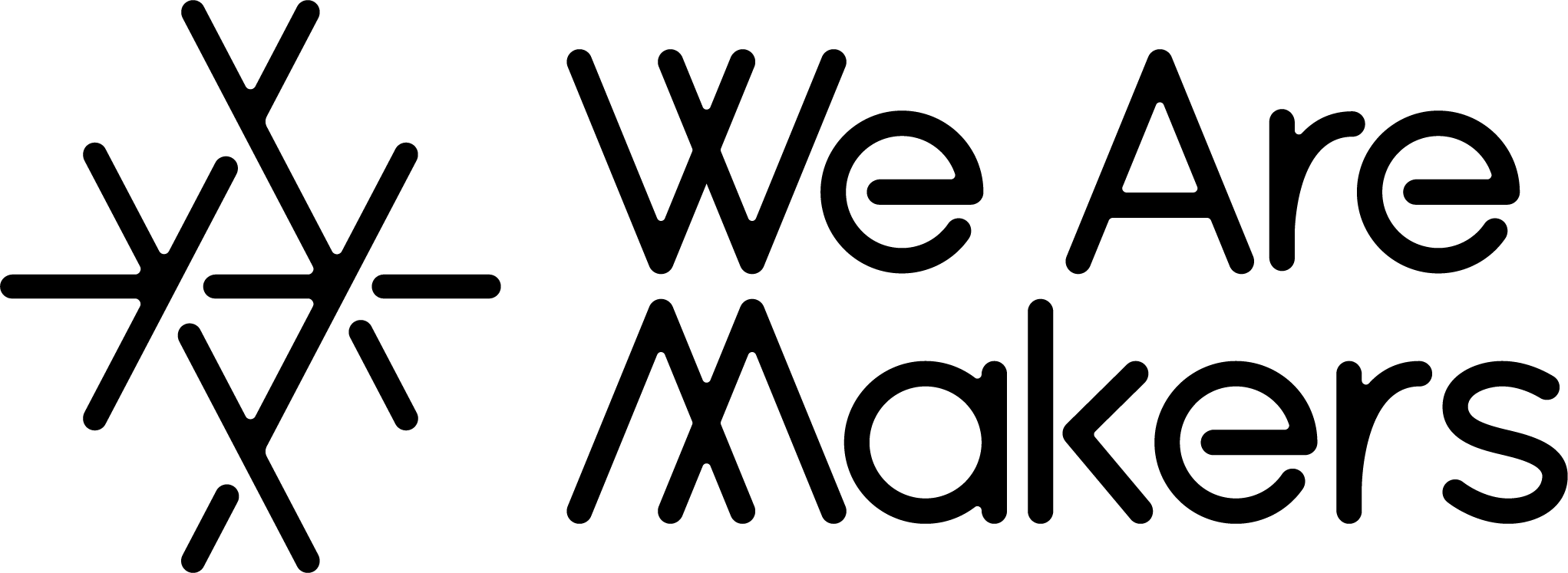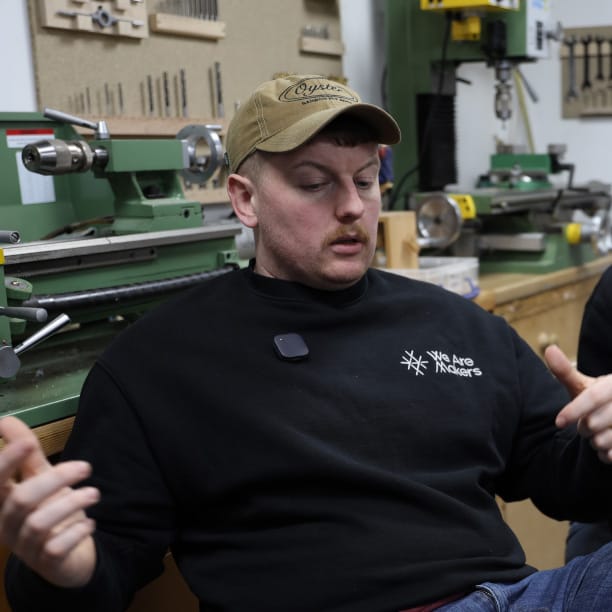Just Start Making
Will writes for us a little about his journey, but more importantly about how starting is the most important thing you can do in your making journey, irrespective of all the doubts, worry, and uncertainty. Just. Start. Making.
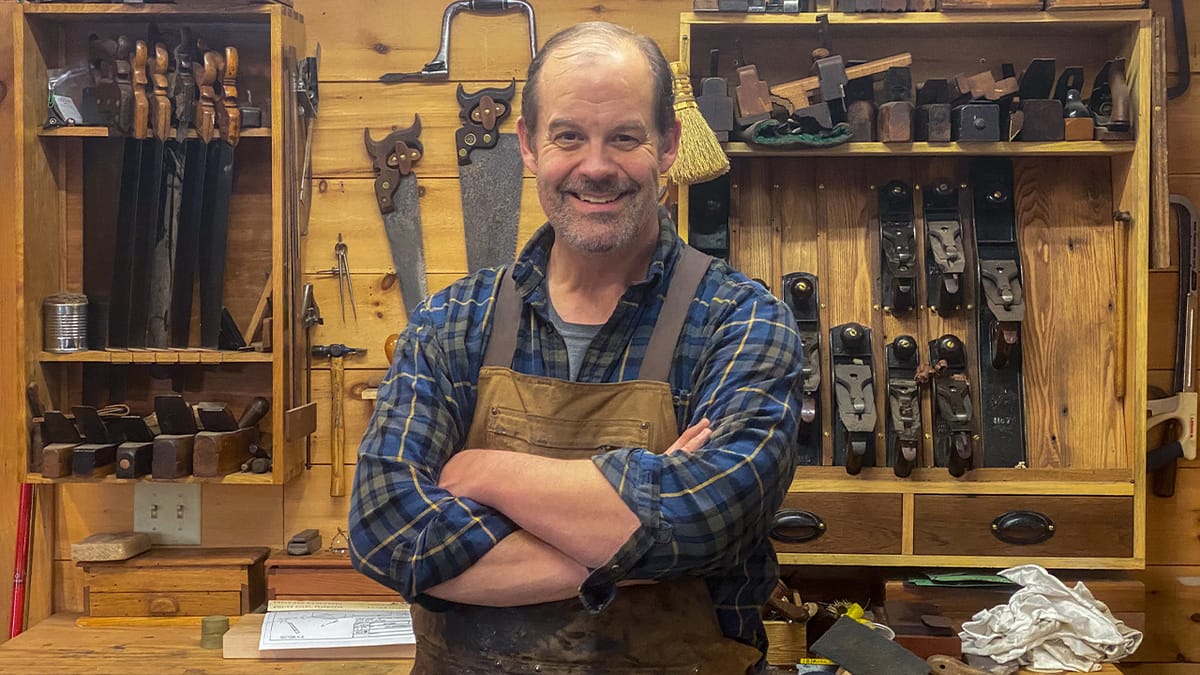
Words by: Will Adams
In early January of 2022 I was roughly six weeks out from a total knee replacement. As the date for my return to work as an elementary school teacher approached I felt increasingly anxious. I had been involuntarily transferred to a grade I had never taught and would be returning to a work environment that I had increasingly come to realize was not good for me. After a ten-year teaching career, I was physically, emotionally, and spiritually drained.
On 12th January 2022, I resigned.
When I resigned from my teaching position, I had a vague idea that I could turn to my hobby as a woodworker for a new source of income but it was just that, a vague idea. While I felt relieved from the daily stress of teaching I was adrift. I puttered around in my shop, restored and sold some tools, but I didn’t really see a clear path forward. Months prior, and somewhat on a whim, I bought a 1940s era, belt-driven wood lathe. I had used a lathe exactly once prior to buying it but that one experience turning wood ignited something in me.
On 9th March 2022 I set up that lathe for the first time and turned the two file handles you see here. I was hooked on woodturning, and turned to the lathe as a bit of therapy to help guide me through this new chapter in life. I still didn’t know exactly where I was headed and didn’t know what would emerge from these early experimentations with the lathe. I certainly didn’t know that I would become a toolmaker and hadn’t even conceived of Honey Brook Tools and Woodworks yet. What I DID know was I was determined. I was determined to reignite my passion for making, determined to learn how to turn wood to the best of my ability, and determined to find my niche. In the process I was also determined to find joy through making.
In the last two years I've certainly learned a lot about toolmaking but I’ve also learned some key ideas that I think are universal to all makers.
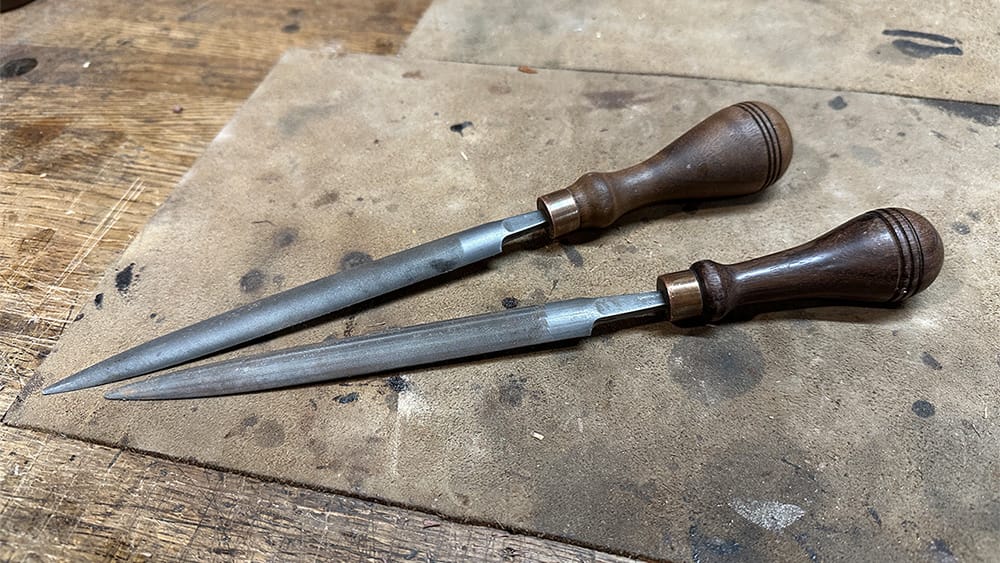
Just Start Making
You might be like me, yearning for a creative outlet to feed that itch within you. Maybe you’ve had some experience with a craft that you enjoyed in earlier years but somewhere along the way it fell by the wayside. Maybe you’re active in a craft that you love, but there’s a technique, a project, or a story you want to share through your craft that, for whatever reason, you’ve avoided. Maybe you don’t have any experience with a craft but you’ve always thought, “Wow! That looks like fun!”
Regardless of where you are in relation to the craft that is attractive to you, just start making.
Don’t know where to begin? We have more information than ever that is readily at our disposal today through the internet. Use it as a resource and just start making. YouTube videos were critical for me when I started turning as were groups in social media where I could ask questions of people with more experience than I had. Look for workshops near you to help start you on your journey. One way or another, there are resources available to help you on your way. Just. Start. Making.
Ask For Help
This is closely related to my first point. You can absolutely get started by yourself but at some point you will need help. Ask for it. For various reasons, asking for help can be a huge hurdle for people. It’s not a sign of weakness or any of the other things that some folks might negatively attribute to asking for help. With very few exceptions, I have found people in woodworking and toolmaking to be eager to help others who are just getting started. I’m willing to bet the same is true in other crafts. Turn to the resources that are available to you and ask for help.
Failure is Your Friend
When I was teaching, I was struck by the number of kids who would become completely deflated when they didn’t understand something straight away. I taught sixth grade and every year on the first day of school I would say to my class, “At some point this year and in years to come you’re going to experience failure. Those will be the most important parts of your learning.” They looked at me like I was nuts. But over time, as we worked together they began to see that failure isn’t a shortcoming. It’s an essential part of learning.
Regardless of where you are in your journey, failure is your friend. Each time something doesn’t work, you gain more information about what you’re doing. Reflect on everything you do and ask yourself things like, “At what point did this start to go sideways? What caused it to go sideways?” If you can’t pinpoint it, see my second point. Ask for help. Someone has likely experienced what you’re experiencing. Ask them how to do it differently.
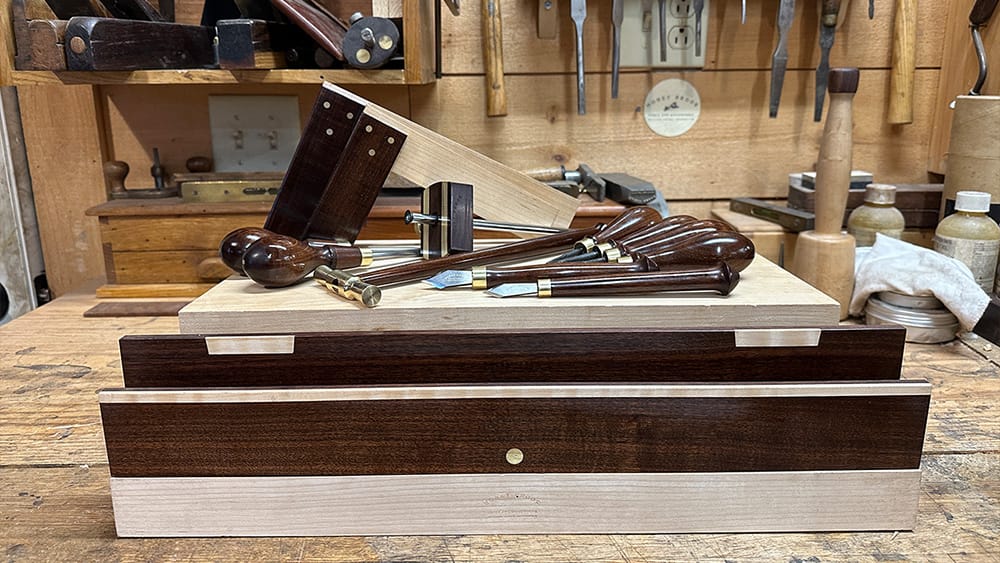
Be Willing to Suck at First (and Even Later)
This is closely related to “Failure is Your Friend.” Even once you have a particular technique under your belt, applying that technique in a way that works aesthetically is a different matter. About six months ago, I bought a metal lathe. I wanted to add brass hand plane adjusting hammers to my list of tool offerings. I quickly learned that turning metal is completely different to turning wood. I failed a LOT. But through those failures, I learned more about how to machine brass and became more comfortable doing so.
However, my first prototypes frankly sucked. They were hammer-like objects, but the finish of the brass was awful, the proportions were wrong, and they were aesthetic train wrecks. But I only knew that by going through the process of making the hammerheads, putting them on a handle, and then looking at them and reflecting on what was good and what was not so good about them. This still happens to me with woodworking, too, yet much less frequently. Regardless of your level of experience, sometimes when you try out a new idea it looks very different to what you imagined. I might, in fact, suck. That’s okay! Learn from it and do it again.
There’s so much more that I’ve learned in the two years since I formed Honey Brook Tools and Woodworks, but I think these three ideas are universal regardless of your chosen craft or your level of experience. New and experienced makers procrastinate on getting started. Just. Start. Making. New and experienced makers experience failure. Learning from them. New and experienced makers sometimes produce things that suck. Look at them, revise them, and learn from the process.
Just. Start. Making.
Wills website: http://honeybrooktools.com/
Wills Instagram: https://www.instagram.com/honeybrooktools_and_woodworks/
